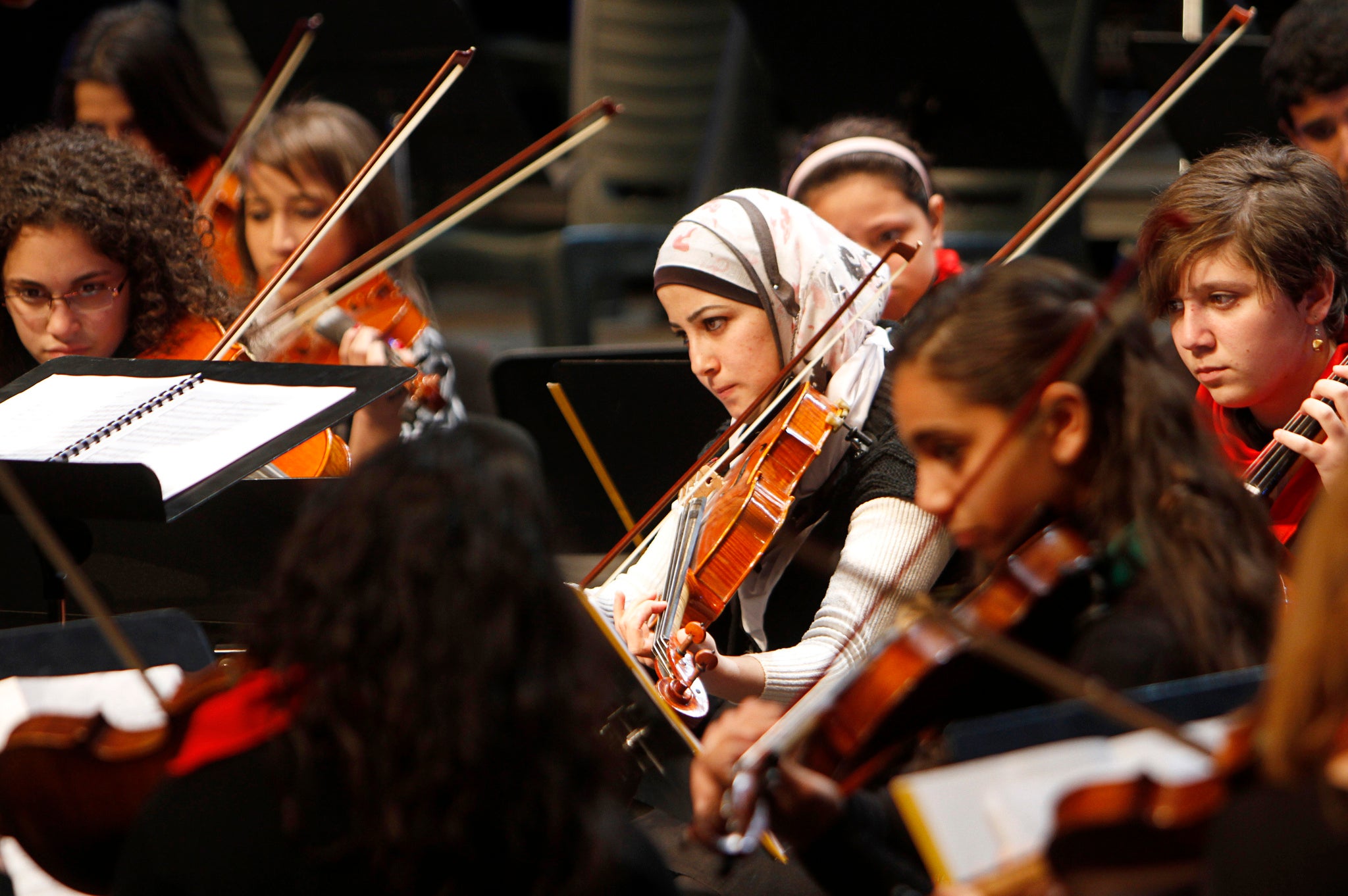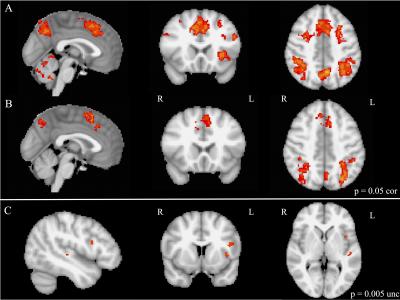Music lessons for children boost 'executive brain function' throughout adult life
Study measured brain activity in regions of brain associated with ability to process information, solve problems and regulate behaviour using fMRI scans

Your support helps us to tell the story
From reproductive rights to climate change to Big Tech, The Independent is on the ground when the story is developing. Whether it's investigating the financials of Elon Musk's pro-Trump PAC or producing our latest documentary, 'The A Word', which shines a light on the American women fighting for reproductive rights, we know how important it is to parse out the facts from the messaging.
At such a critical moment in US history, we need reporters on the ground. Your donation allows us to keep sending journalists to speak to both sides of the story.
The Independent is trusted by Americans across the entire political spectrum. And unlike many other quality news outlets, we choose not to lock Americans out of our reporting and analysis with paywalls. We believe quality journalism should be available to everyone, paid for by those who can afford it.
Your support makes all the difference.A new study has suggested that children who receive regular music lessons display increased brain function through the rest of their adult life.
Research published in the journal PLOS One found that children who had received private music lessons for at least two years showed increased activity in the areas of the brain associated with executive function – the cognitive processes that enable people to process and retain information, solve problems and regulate their behaviour.
“Since executive functioning is a strong predictor of academic achievement, even more than IQ, we think our findings have strong educational implications," said senior study investigator Nadine Gaab, PhD, of the Laboratories of Cognitive Neuroscience at Boston Children's Hospital, in a press release.
"While many schools are cutting music programs and spending more and more time on test preparation, our findings suggest that musical training may actually help to set up children for a better academic future."
Previous studies on the effects of musical education at a young age have shown similar results, with a study published in November 2013 showing that adults who played instruments as children (but had not played in decades) who faster brain responses to speech sounds.

Research in September last year also found that individuals who played instruments were able to spot errors more quickly and accurately than non-musicians.
This most recent study compared 15 musically trained children aged 9 to 12 with a gcontrol group of 12 untrained children of the same age alongside two groups of adults divided into professional- and non-musicians.
The researchers controlled for various demographic factors including parental education, job status and IQ and found that cognitive function (measured by a “battery of tests”) and brain activity (tested using functional MRI imaging) were improved for both adult and child musicisans.
"Our results may also have implications for children and adults who are struggling with executive functioning, such as children with ADHD or [the] elderly," said Gaab. "Future studies have to determine whether music may be utilized as a therapeutic intervention tools for these children and adults."
However, the researchers also noted that the link between musical training and executive brain functions may not be causative and that “children who study music may already have executive functioning abilities that somehow attract them to music and predispose them to stick with their lessons.”
Join our commenting forum
Join thought-provoking conversations, follow other Independent readers and see their replies
Comments